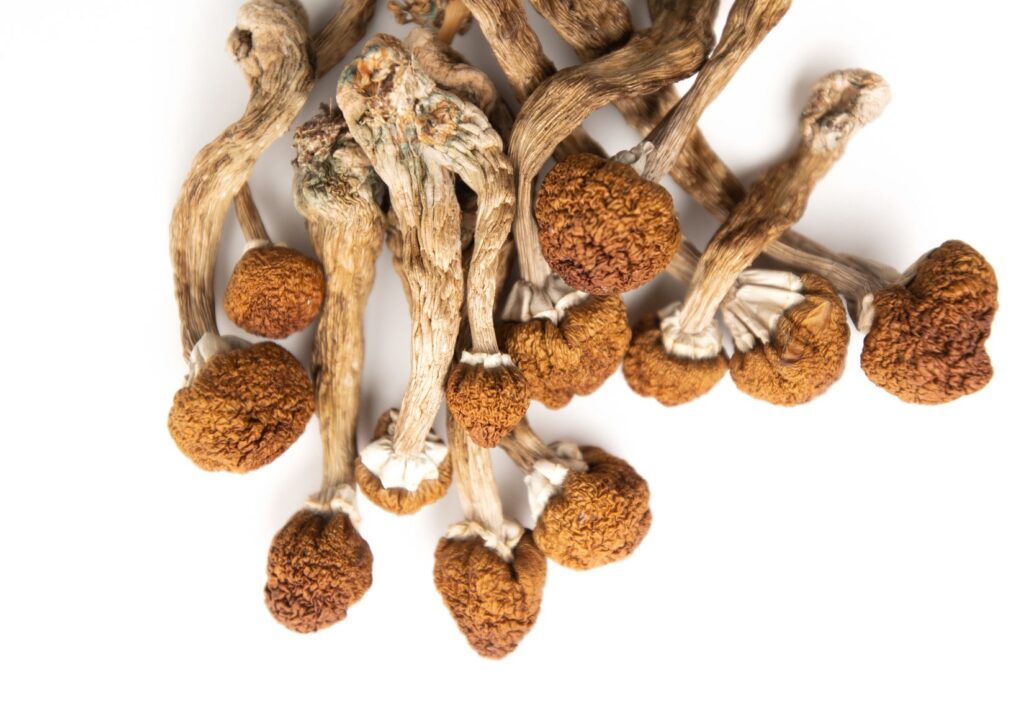Magic mushrooms, also known as psilocybin mushrooms, are garnering increased attention in the realm of mental health care due to their potential to challenge conventional perceptions and offer novel treatment avenues. These fungi contain psychoactive compounds like psilocybin and psilocin, which have been studied for their therapeutic effects on various mental health conditions, including depression, anxiety, and PTSD. One of the primary ways magic mushrooms challenge perceptions in mental health care is by providing an alternative to traditional pharmaceutical interventions. Unlike many psychiatric medications that target specific neurotransmitters, such as serotonin or dopamine, psilocybin works on a broader scale, affecting multiple brain regions and networks. This holistic approach can lead to profound shifts in consciousness and perception, opening the door to new therapeutic possibilities. Research into the therapeutic potential of magic mushrooms has shown promising results. Studies have found that a single dose of psilocybin, when administered in a controlled setting with psychological support, can lead to significant and enduring improvements in mood and well-being.

For individuals struggling with treatment-resistant depression or debilitating anxiety, these findings offer hope for a more effective and transformative treatment option. Moreover, magic mushrooms challenge the stigma associated with psychedelic substances. Historically, psychedelics have been demonized and classified as dangerous drugs with no medical value. However, shrooms near me recent research has debunked many of these misconceptions, demonstrating that when used responsibly and under supervision, psychedelics like psilocybin can be safe and beneficial for mental health. Another aspect where magic mushrooms challenge perceptions is in the concept of ego dissolution. Psilocybin can induce experiences of ego dissolution, where the boundaries between self and other, or between self and the universe, become blurred or dissolve altogether. While this may sound unsettling, many individuals report profound spiritual or mystical experiences during ego dissolution, leading to a greater sense of interconnectedness, empathy, and compassion.
The therapeutic potential of magic mushrooms also extends to addressing existential distress and end-of-life anxiety. Research has shown that psilocybin-assisted therapy can help terminally ill patients come to terms with their mortality, reduce anxiety and depression, and enhance their overall quality of life in their remaining time. Despite these promising developments, challenges remain in integrating magic mushrooms into mainstream mental health care. Legal and regulatory barriers, stigma, and the need for specialized training for healthcare providers are some of the hurdles that need to be overcome. However, as more research emerges and public perceptions evolve, there is growing momentum for the responsible use of psychedelics in therapeutic settings. Magic mushrooms are challenging perceptions in mental health care by offering a unique and promising approach to treating various mental health conditions. From their holistic mechanism of action to their potential for ego dissolution and spiritual experiences, these fungi are reshaping the way we understand and approach mental well-being.